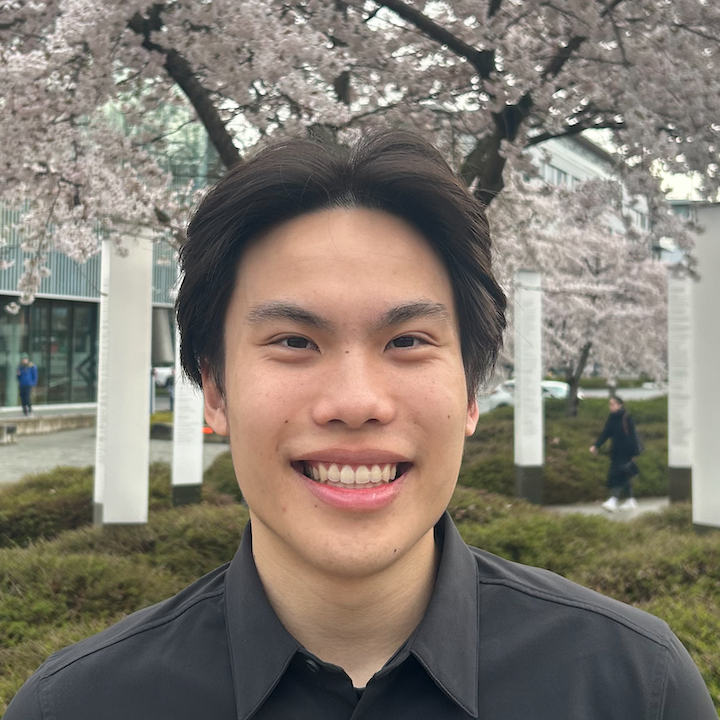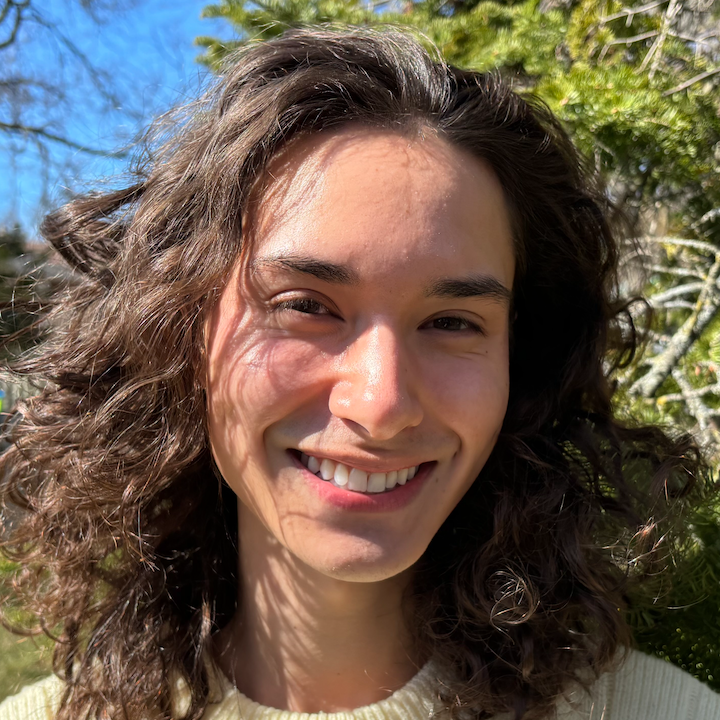UBC Healthy Aging Summer Student Research Award

The UBC Healthy Aging Summer Student Research Awards are intended to support highly qualified undergraduate students across all disciplines and faculties who are interested in completing a research project that is relevant to the field of healthy aging. The award supports the student’s salary while they complete the research project over the summer (May to August) under the supervision of an Investigator of the Edwin S.H. Leong Centre for Healthy Aging.
The duration of the award is 8 to 16 consecutive weeks of full-time work (35 hours/week) to be completed between May 1 to August 31. The award amount is consistent with the BC minimum wage ($17.40/hour) for a total of $609.00/week. This award is open to undergraduate students from all disciplines, including those enrolled in undergraduate health professional degree programs (e.g. MD, DMD, BScN, etc.). Students can be enrolled in any university to apply, but must be based in B.C for the duration of the award.
The 2024/2025 competition is now open. Please see the links below for the guidelines and application form.
Winners of the 2023/2024 Competition

James Wu, Faculty of Science (Supervisor: Dr. Stefan Taubert)
The geroscience concept states that age-related diseases can be delayed, prevented, or ameliorated by preventing cellular aging. Mapping the cellular pathways that underpin aging and cell stress can thus help develop a better understanding of disease development. In this project, James will be using the model organism C. elegans to study Nuclear Hormone Receptor NHR-49, an important lifespan and stress response regulator. James’ objective is to examine NHR-49 and its interactions with HMG-11, a transcription factor whose human ortholog HMGA2 has been implicated in age-related diseases such as cancer, to delineate the mechanisms through which NHR-49 supports healthy aging.

Wendy Tsai, Faculty of Medicine (Supervisor: Dr. Helen Tremlett)
The intersection of multiple sclerosis (MS) and aging presents unique challenges as it combines age-related issues with the complexities of a chronic disease. Frailty has been associated with modifiable factors, such as psychological health and lifestyle. Psychological health is often impacted in MS and influences overall health and community engagement. Lifestyle factors influence the aging process and can be important in managing MS. However, the association between frailty and these factors in MS remains unclear. In the MS population enrolled in the Canadian Longitudinal Study on Aging (CLSA), Wendy will quantify the disparity in frailty based on self-report and blood-based marker-derived indices, relative to normative data in the CLSA. She will evaluate how these indices relate to psychological health and lifestyle factors in the MS population and explore whether these relationships differ by sex, socioeconomic status, or education.

Tovan Lew, Trent University (Supervisor: Dr. Hélène Côté)
Chronic pain negatively impacts overall aging phenotype and trajectory. In women living with HIV, chronic pain is prevalent yet inequitably treated due to HIV-associated stigma and women-specific barriers to care. As a response to community concerns, Tovan’s project aims to understand the prevalence and experiences of chronic widespread pain in women and link them to socio-structural life experiences and biological aging-associated metrics, including markers of inflammation, immune function, and overall aging phenotype. Tovan will be employing data from The British Columbia CARMA-CHIWOS Collaboration (BCC3) Study – a community-based cohort that has enrolled 600 women to date. He hopes that their findings will help shine light on this “invisible disability” and positively inform healthcare for marginalized women in BC and globally.

Asha Octoman, Faculty of Science (Supervisor: Dr. Brett Finlay)
Parkinson’s disease (PD) is a progressive age-related neurodegenerative disorder. Although PD is well known for its motor-related symptoms, Cirstea et al. recently demonstrated a link between these gut microbial differences and several PD-associated features (constipation and key serum metabolites) within a Vancouver clinical cohort. Based on this, the overarching goal of Asha’s project will be to compare a Vancouver PD cohort with the publicly available Wallen (2022) PD cohort, a large and well-validated American metagenomic study. It will help identify location-independent elements of the PD microbiome, leading to a better understanding of the potential role of the gut microbiome in disease onset and progression.